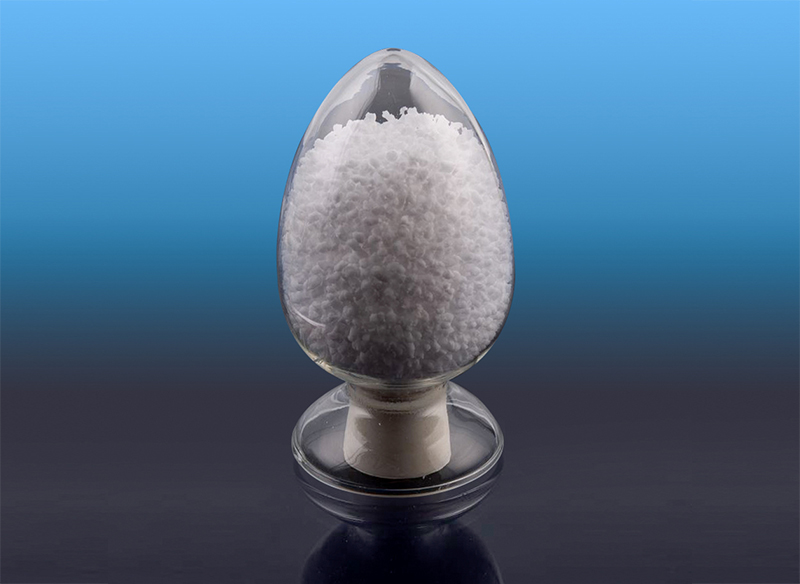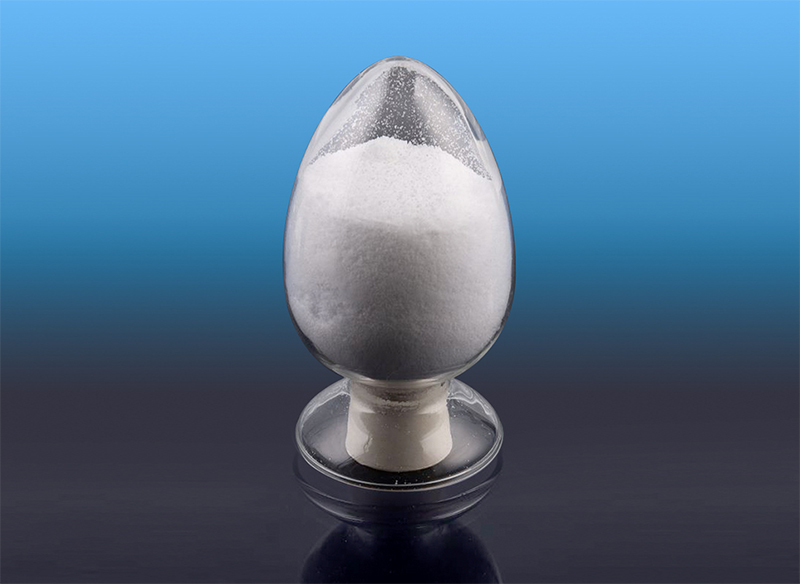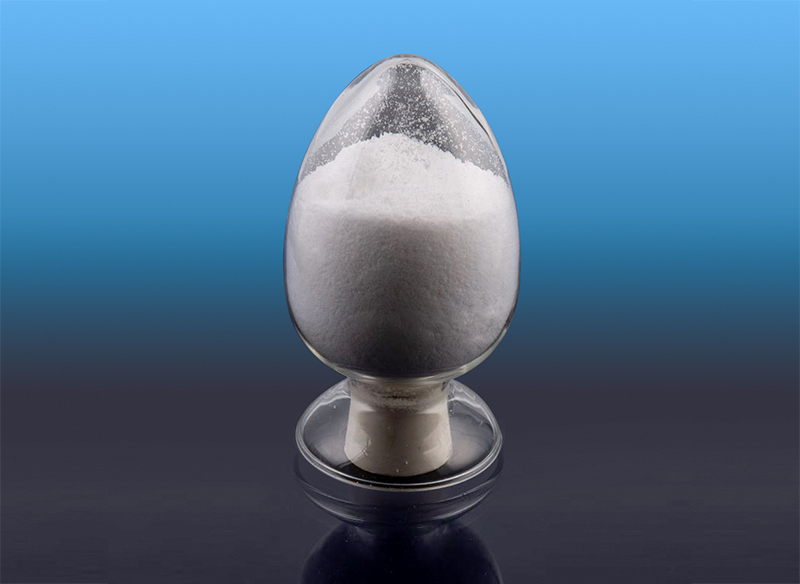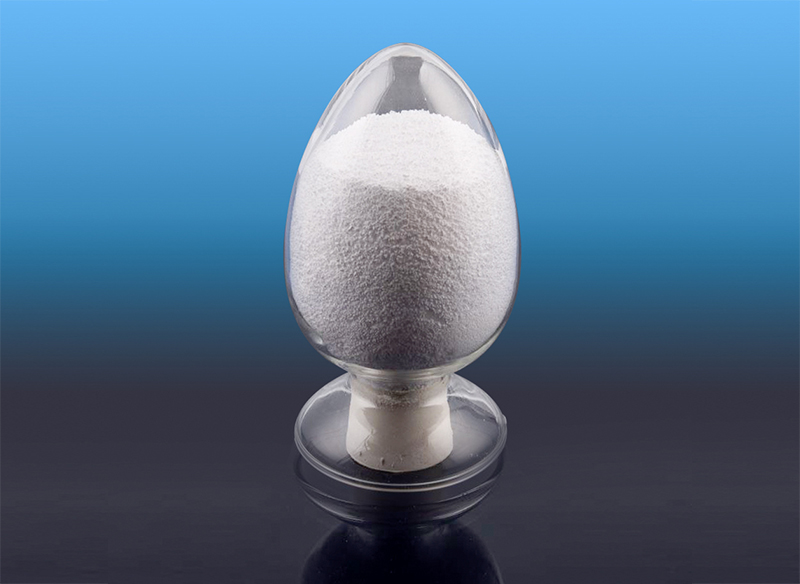Hydrogenated Isoprene Polymer (EP): Industrial Applications and Advantages
Hydrogenated Isoprene Polymer (EP) is a high-performance synthetic rubber obtained by hydrogenating polyisoprene. This process saturates the double bonds in the polymer chain, which greatly improves the material’s resistance to heat, oxidation, ozone, and ultraviolet (UV) degradation. Unlike regular isoprene rubber, EP offers a longer service life and better stability under harsh environmental conditions, making it ideal for industrial, automotive, medical, and adhesive applications. Its combination of elasticity, durability, and chemical resistance has led to widespread adoption across multiple sectors.
Content
- 1 1. Adhesives and Sealants
- 2 2. Automotive Industry
- 3 3. Footwear and Leather Products
- 4 4. Construction and Building Materials
- 5 5. Medical and Healthcare Applications
- 6 6. Packaging Industry
- 7 7. Electronics and Electrical Applications
- 8 8. Other Industrial Applications
- 9 Advantages of Hydrogenated Isoprene Polymer (EP)
- 10 Conclusion
1. Adhesives and Sealants
One of the primary applications of EP is in the adhesive and sealant industry, where it is valued for its tackiness, elasticity, and long-term performance.
-
Pressure-Sensitive Adhesives (PSAs): EP serves as a key component in tapes, labels, and self-adhesive films. Its ability to maintain adhesion under heat and environmental stress ensures durable performance. EP-based PSAs are widely used in packaging, electronics, and industrial labeling.
-
Hot-Melt Adhesives: EP is blended with resins and plasticizers to create hot-melt adhesives that provide strong bonding while retaining flexibility. This is critical in applications like woodworking, laminating, and packaging.
-
Sealants: Construction and automotive sealants often incorporate EP to enhance weather resistance, UV stability, and elasticity, ensuring long-lasting seals in both indoor and outdoor environments.
2. Automotive Industry
EP’s thermal stability and chemical resistance make it an excellent material for various automotive components.
-
Hoses and Gaskets: EP is widely used in engine hoses, fuel system components, and gaskets, where exposure to high temperatures, oil, and ozone requires a material that does not degrade over time.
-
Vibration Dampening: The elasticity of EP makes it suitable for bushings, mounts, and vibration-absorbing components, improving vehicle performance and comfort.
-
Protective Coatings and Encapsulations: EP is applied in coatings that protect metal and electronic components from corrosion, heat, and chemical attack.
3. Footwear and Leather Products
In the footwear industry, EP is used to improve both comfort and durability.
-
Shoe Soles and Inserts: EP enhances flexibility and wear resistance, allowing shoes to withstand prolonged use while remaining comfortable.
-
Adhesive Applications in Footwear: It is used in bonding layers of shoes and other leather products, providing strong, long-lasting adhesion that resists heat and moisture.
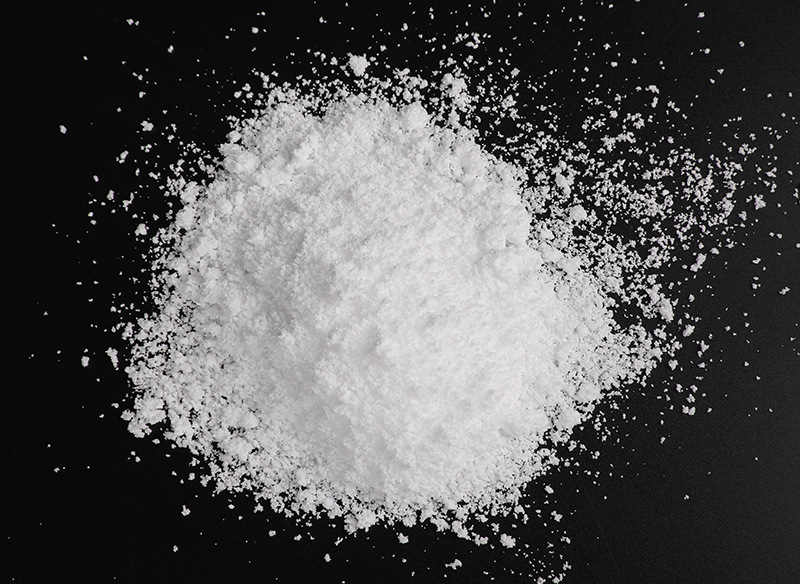
4. Construction and Building Materials
EP finds important applications in construction and building materials due to its fire resistance, elasticity, and chemical stability.
-
Sealants and Coatings: EP improves durability and weather resistance in waterproofing membranes, roof coatings, and building sealants.
-
Insulation Materials: EP-based rubbers are used in thermal insulation applications where stability at elevated temperatures is critical.
-
Expansion Joints: The flexibility and durability of EP make it suitable for expansion joints in concrete structures and bridges.
5. Medical and Healthcare Applications
Hydrogenated Isoprene Polymer is also used in medical and healthcare products due to its biocompatibility, chemical resistance, and flexibility.
-
Medical Tubing and Seals: EP is suitable for flexible tubing, stoppers, and gaskets used in medical devices.
-
Adhesive Tapes and Bandages: EP-based adhesives provide secure attachment while remaining gentle on the skin, ideal for wound care and wearable devices.
-
Medical Packaging: EP contributes to barrier properties and stability in packaging materials for pharmaceuticals and sensitive medical products.
6. Packaging Industry
In the packaging sector, EP is valued for flexibility, heat resistance, and adhesion.
-
Stretch Films and Laminates: EP improves the elasticity, tack, and thermal performance of packaging films.
-
Barrier Materials: EP-based layers in laminates enhance protection against moisture, oxygen, and UV exposure, extending the shelf life of packaged goods.
-
Flexible Packaging Adhesives: Its stable performance under different temperatures ensures reliable bonding in packaging processes.
7. Electronics and Electrical Applications
EP’s combination of elasticity, chemical resistance, and thermal stability makes it suitable for electronic and electrical components.
-
Encapsulation and Coatings: EP protects sensitive electronic parts from heat, moisture, and oxidation, ensuring long-term performance.
-
Flexible Circuit Components: EP’s elasticity allows for expansion and contraction without cracking, making it ideal for flexible printed circuits and insulation layers.
-
Adhesives for Electronics: Used in bonding films, tapes, and protective layers in high-temperature electronics.
8. Other Industrial Applications
EP is also employed in a variety of other industrial fields:
- Rubber Blends: EP is blended with other elastomers to improve heat resistance, mechanical properties, and processability.
- Automotive Fluids and Oil Resistance: EP’s chemical stability allows use in seals and gaskets exposed to fuels, oils, and lubricants.
- Consumer Goods: Used in high-performance adhesives, footwear, and elastomeric products for long-lasting durability.
Advantages of Hydrogenated Isoprene Polymer (EP)
- Heat Resistance: EP maintains properties at elevated temperatures, unlike non-hydrogenated isoprene.
- Oxidation and Ozone Stability: Resistant to environmental degradation, extending product life.
- Mechanical Strength: Provides elasticity, flexibility, and resilience under dynamic loads.
- Chemical Compatibility: Stable in contact with oils, fuels, and solvents.
- Process Versatility: Can be compounded with resins, plasticizers, and other polymers for customized performance.
Conclusion
Hydrogenated Isoprene Polymer (EP) is a high-performance, versatile synthetic rubber used across multiple industries, including adhesives, automotive, footwear, construction, medical, packaging, and electronics. Its unique combination of thermal stability, chemical resistance, mechanical strength, and elasticity allows it to perform reliably in demanding environments.
As industries increasingly demand materials that can withstand heat, oxidation, and long-term stress, EP continues to grow in importance. From providing durable adhesives and sealants to improving automotive performance and medical device reliability, Hydrogenated Isoprene Polymer is an essential material in modern manufacturing and industrial applications.

